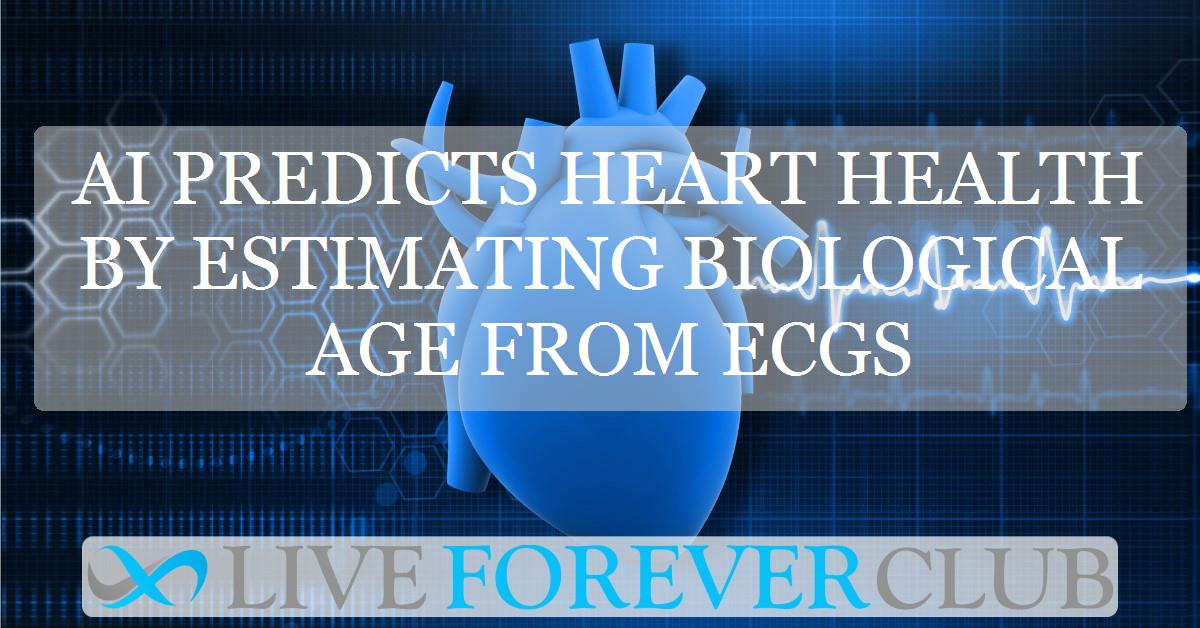Key points from article :
A new study has shown that artificial intelligence (AI) can help predict a person’s risk of heart disease and death by calculating the “biological” age of their heart using standard ECG scans. The research, led by Associate Professor Yong-Soo Baek of Inha University Hospital in South Korea, was presented at the EHRA 2025 congress of the European Society of Cardiology.
While a heart’s chronological age is the same as the person’s actual age, its biological age reflects how well it functions. Using nearly half a million ECG records, researchers trained a deep learning model to estimate this biological heart age. They found that when a person’s heart appeared biologically seven years older than their real age, the risk of death rose by 62%, and the risk of major heart problems nearly doubled.
On the other hand, if the heart was seven years biologically younger, the risk of death and major cardiovascular events fell significantly. The study also found links between a heart’s biological age and other measures like ejection fraction and electrical activity, which are important indicators of heart health.
Researchers say this AI tool could one day help doctors better identify at-risk patients and offer earlier, more targeted treatments to prevent heart disease.






